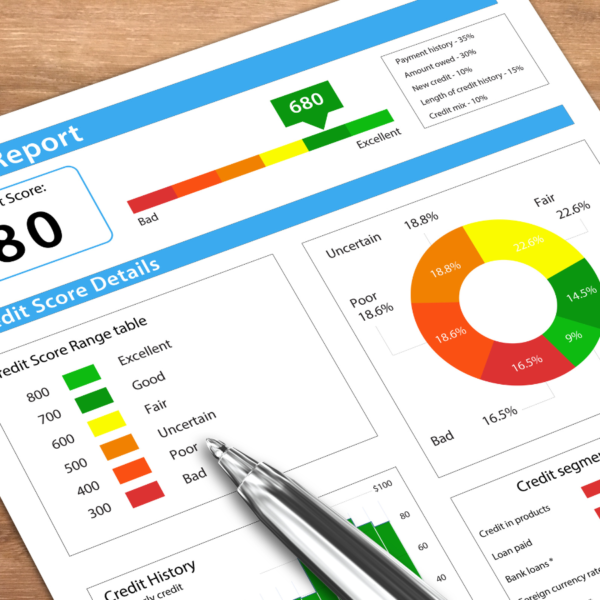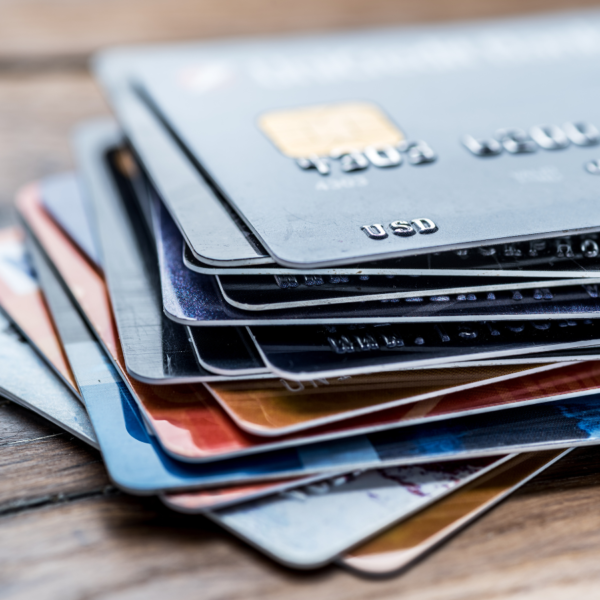Divorce can create financial challenges that leave many people wondering whether bankruptcy is the next step. Between legal fees, dividing assets, and adjusting to living on a single income, it’s no surprise that bankruptcy after divorce is a common issue.
But before you file, it’s important to understand how timing, property settlements, and financial obligations can impact both your bankruptcy case and your long-term financial stability. This guide breaks down what you need to know about filing bankruptcy after divorce, so you can make informed decisions.
Why Divorce Often Leads to Bankruptcy
Divorce changes everything about your finances:
-
Loss of combined income: Two households are more expensive to maintain than one.
-
Division of debts: Courts may split marital debts between spouses, leaving both responsible.
-
Legal costs: Attorney fees and court costs can add up quickly.
-
New living expenses: Rent, utilities, and other household bills become harder to manage on a single income.
These factors make post-divorce bankruptcy a real possibility for many individuals trying to regain financial stability.
Should You File Bankruptcy Before or After Divorce?
One of the biggest decisions is whether to file for bankruptcy before or after the divorce. The right choice depends on your situation.
Filing Before Divorce
-
Joint filing saves money: A joint bankruptcy petition can save on legal and court fees.
-
Simplifies debt division: Bankruptcy can eliminate unsecured debts, making divorce negotiations easier.
-
Shared responsibility: Both spouses deal with debt together, reducing future disputes.
⚠️ Downside: If relations are strained, filing jointly may not be realistic.
Filing After Divorce
-
Individual circumstances matter: If one spouse needs bankruptcy but the other doesn’t, filing separately makes sense.
-
Flexibility in timing: You may want to complete divorce first to clearly separate finances.
-
Customized relief: You can choose the bankruptcy chapter (7 or 13) that best suits your post-divorce financial picture.
⚠️ Downside: You may end up paying more in legal fees if you and your ex both file separately.
How Divorce Settlements Affect Bankruptcy
When filing for bankruptcy after divorce, the court will look at your divorce settlement, including:
-
Division of property: Assets you received may affect bankruptcy exemptions and whether property can be liquidated.
-
Debt obligations: Even if your divorce decree assigns certain debts to your ex-spouse, creditors may still pursue you if your name is on the account.
-
Support obligations: Alimony and child support cannot be discharged in bankruptcy. These payments remain your responsibility.
This makes timing critical. Filing bankruptcy before debts are assigned in divorce may eliminate them entirely, while filing after divorce may leave you responsible.
Bankruptcy Options After Divorce
Chapter 7 Bankruptcy (Liquidation)
-
Wipes out most unsecured debts, like credit cards or medical bills.
-
Quick process (usually 4–6 months).
-
You may lose non-exempt assets if they exceed exemption limits.
Best for those with limited income and few assets after divorce.
Chapter 13 Bankruptcy (Repayment Plan)
-
Allows you to catch up on secured debts, like a mortgage or car loan.
-
Repayment plan lasts 3–5 years.
-
Protects your home from foreclosure.
Best for those with steady income who need time to reorganize debt payments.
Financial Impact of Bankruptcy After Divorce
Filing bankruptcy after divorce has both short-term challenges and long-term benefits:
Short-Term:
-
Credit score will take a hit.
-
May make it harder to qualify for loans or housing in the near future.
-
Legal costs and filing fees add to immediate expenses.
Long-Term:
-
Freedom from unsecured debt provides a fresh start.
-
Ability to rebuild credit over time.
-
Better financial stability for managing child support or alimony.
Tips for Handling Bankruptcy After Divorce
-
Consult both a divorce attorney and a bankruptcy attorney before deciding on timing.
-
Gather financial records (debts, income, assets, divorce decree).
-
Review state exemptions to see what property you can keep.
-
Stay current on child support and alimony—these cannot be discharged.
-
Don’t transfer property to your ex-spouse before filing, as it could be seen as fraud.
Final Thoughts
Divorce and bankruptcy often go hand in hand, but with the right planning, you can navigate both successfully. The decision to file before or after divorce depends on your financial situation, your relationship with your ex-spouse, and your goals moving forward.
The most important step is to get professional advice. A bankruptcy attorney can help you understand how divorce settlements, timing, and exemptions affect your case—and how to protect your financial future.






Recent Comments